In June of this year, María Adelaida López became the first Colombian to receive the Lego Award for her contribution to early childhood education. This prize has been awarded since 1985 to individuals or organizations that make an outstanding contribution to the transformation of children’s education, and the winners receive a prize of $100,000. To date, the AeioTú Foundation, of which she is the Executive Director, has impacted the lives of more than 500,000 minors in Colombia, Mexico and Panama. The project was born in 2008, based on the Reggio Emilia (Germany) philosophy method based on the claim that “a school is a node for connection, it is a platform where all the voices of children, teachers and families are being heard. ” asserts Lopez.
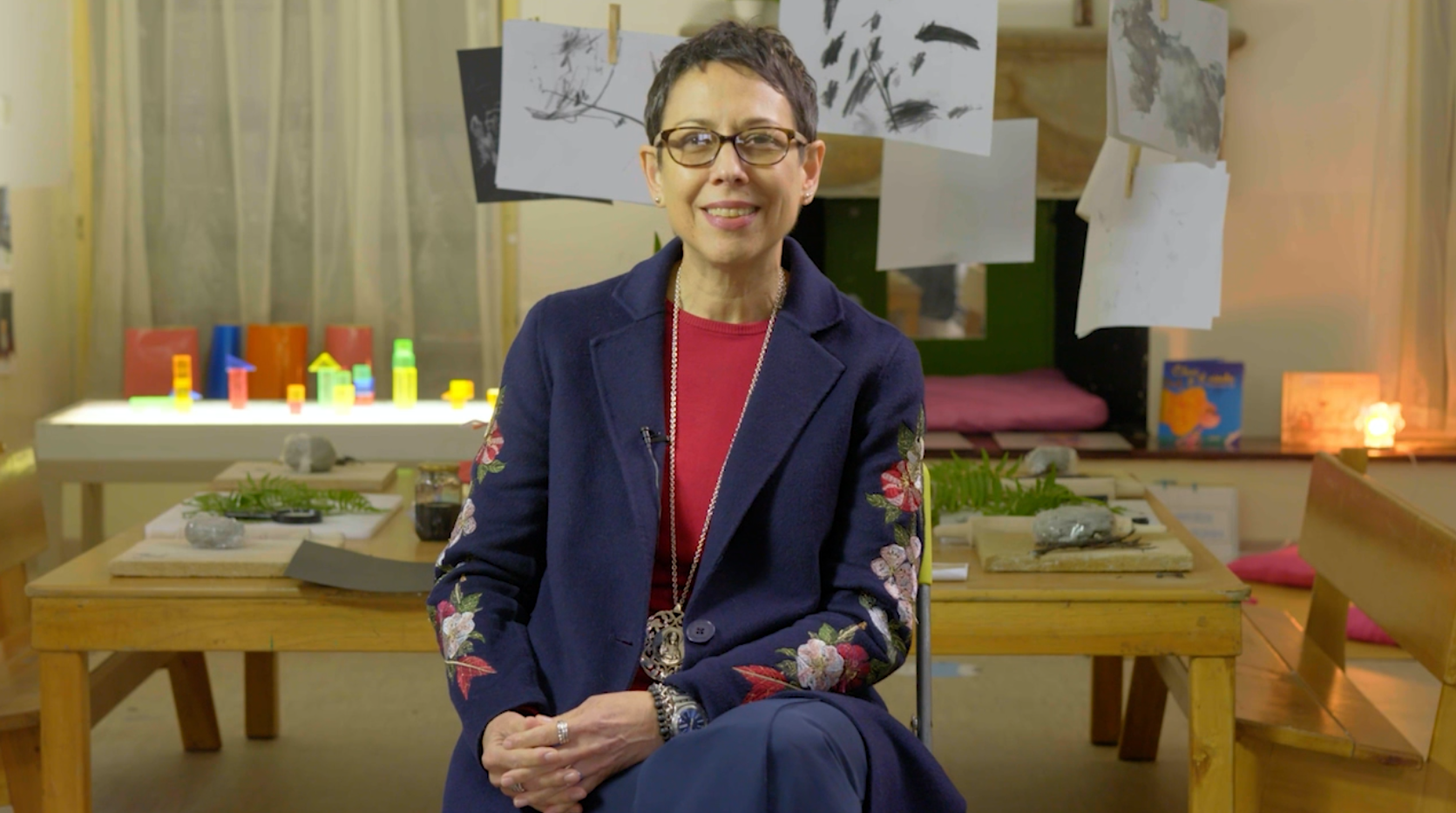
María Adelaida is one of the experts who contributed to the bases for the Rethinking Education course, her contributions and pedagogical experiences of many years in Colombia also helped us to develop the Idea Challenge contest that we have entitled: Play to learn. When starting with AeioTú, this plastic artist and educator changed university classrooms for spaces with children under five years of age, discovering the surprising impact that training in these years has on the human being and the possibilities that open up from there to transform entire communities.
Various scientific studies have revealed that from birth to six years of age, boys and girls have the most important moment of their brain development, in which more connections between neurons are made and the basis of learning is formed and which we will need to survive the rest of our lives. This is why Maria Adelaida has focused on this stage, understanding that for these physiological processes to occur properly, it is important that there is a correct nutritional balance, the indicated care and, of course, a suitable space: stimulating physical environments. In addition to adults that are able to connect with the needs of children. This is particular difficult in a traditional classroom setting, where the teacher transmits knowledge unilaterally and the children have almost no opportunity to participate.
“We want to change this reality and reimagine learning from the conception we have of childhood, to promote a dynamic, participatory and supportive vision of education where knowledge is co-constructed, where the child is an active being within the learning collective, composed of not only the teacher, but also the community and the space”,
– Says Maria Adelaida.-
The environment has a leading role in the Reggio Emilia philosophy. “At AeioTú we are committed to understanding the space that is designed and organized to favor interactions, autonomy, exploration and research. A space that offers participation and welcomes everyone,” she adds. In this sense, the collaboration between architects, designers, pedagogues and teachers is extremely important. Since it will depend on this synergy that this physical-spatial element in the learning processes can be present in a functional and intentional way.
If this resonates with you and you want to see (or re-see) our Live Conversation REformulating the educational space in which Maria Adelaida talks with the architect Giancarlo Mazzanti about the challenges and best practices in the development of one of their education centers, we invite you to review it and contact us if you have any questions or comments.
Join the conversation!


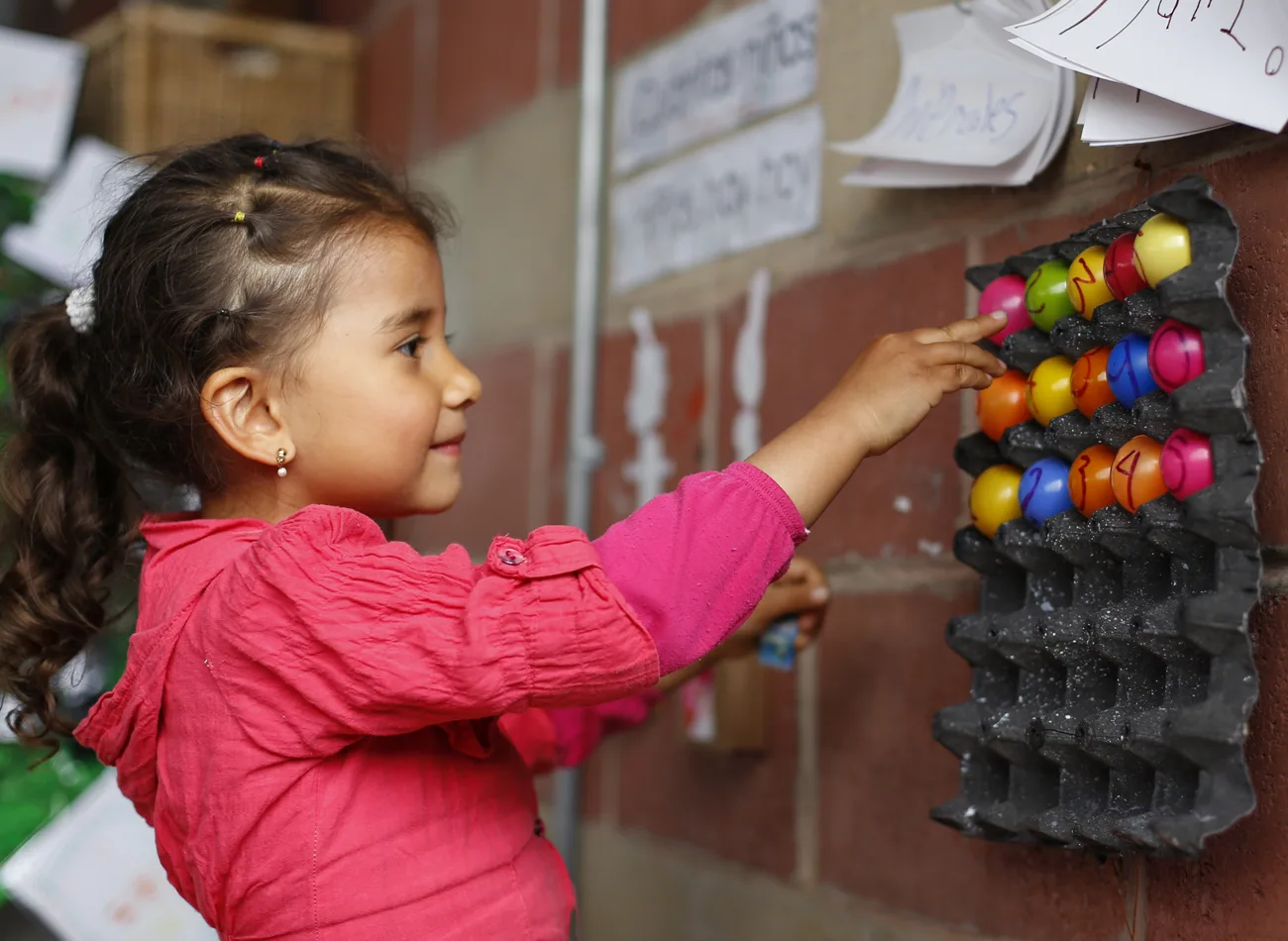
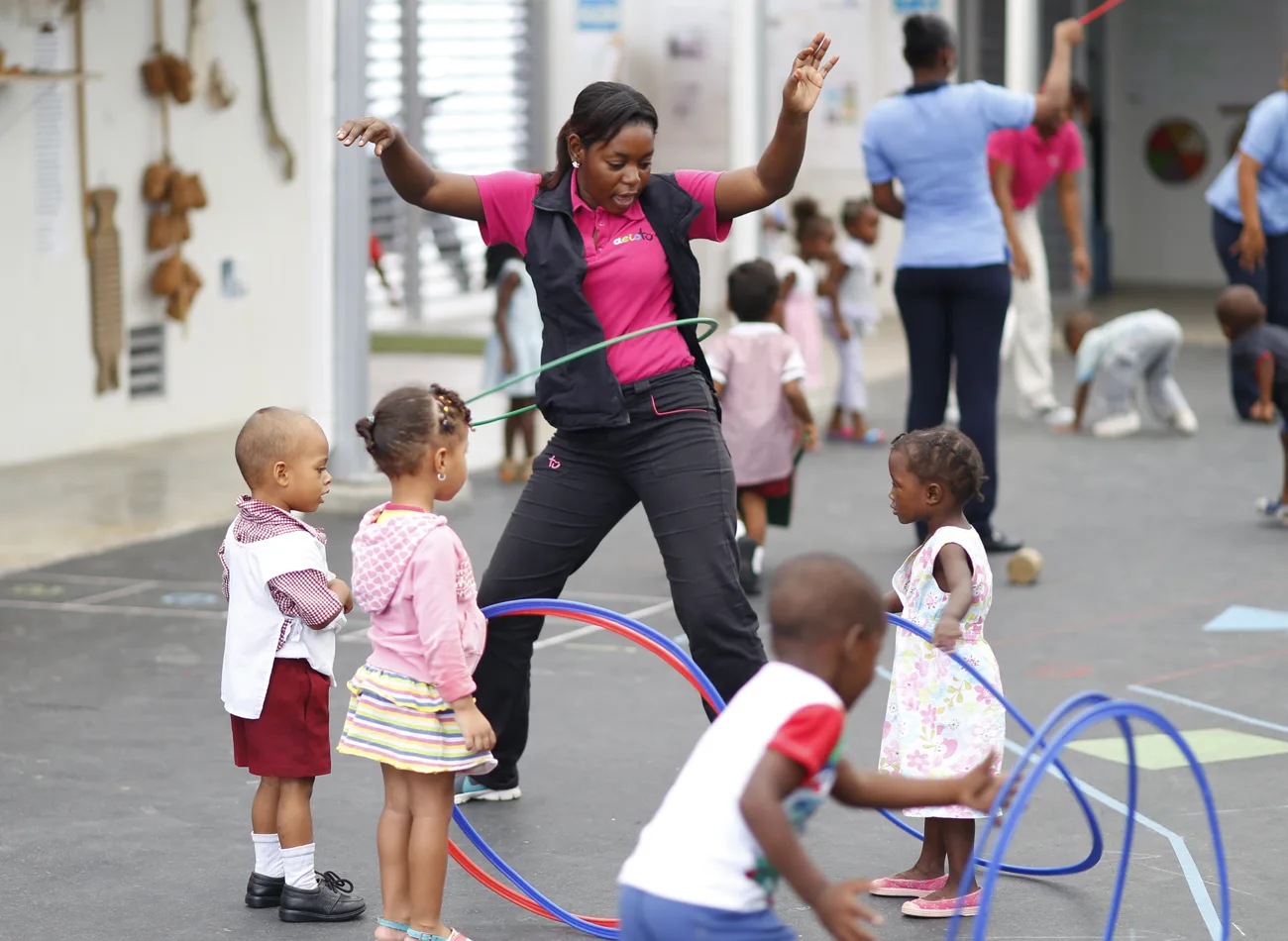
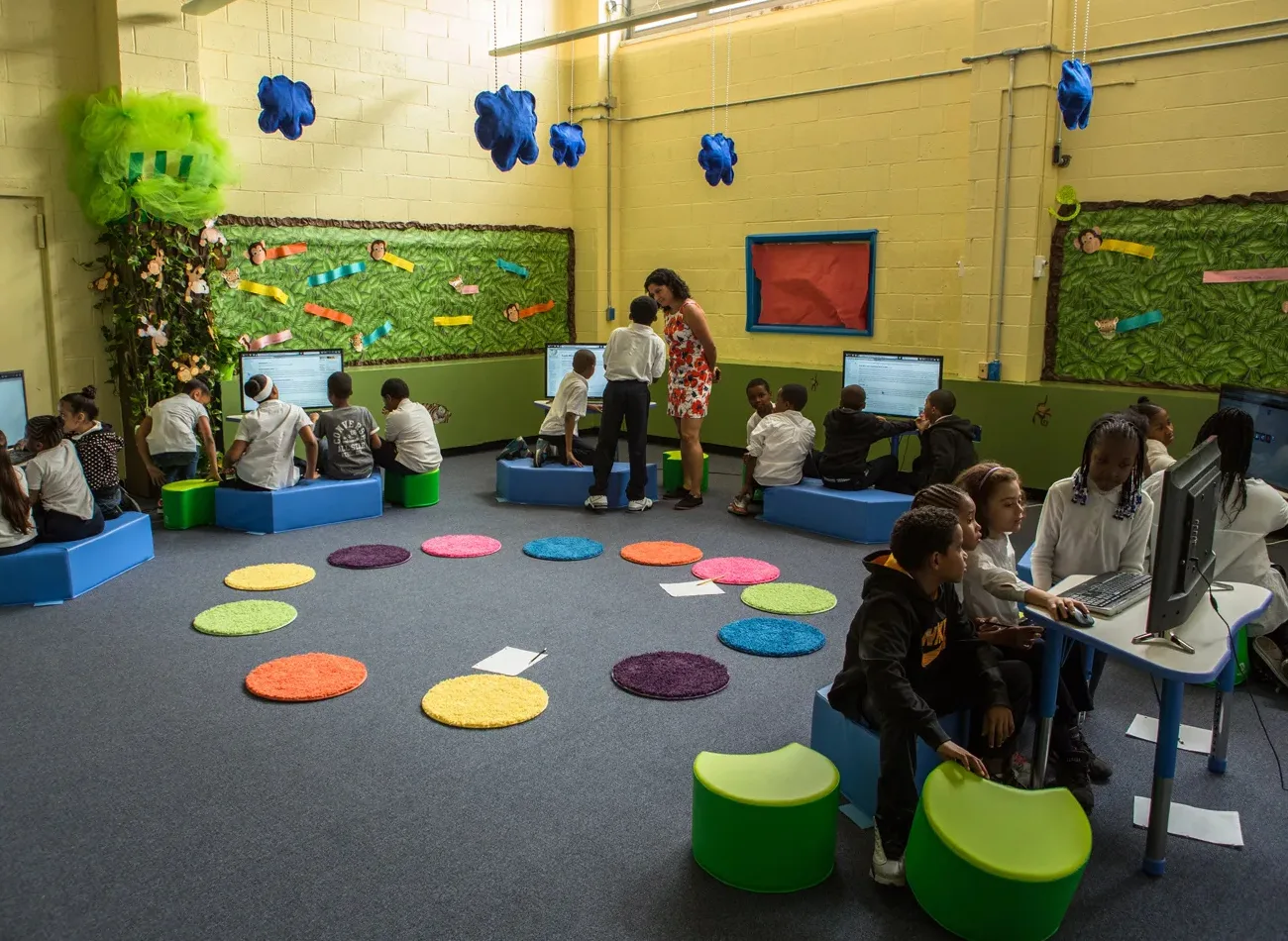
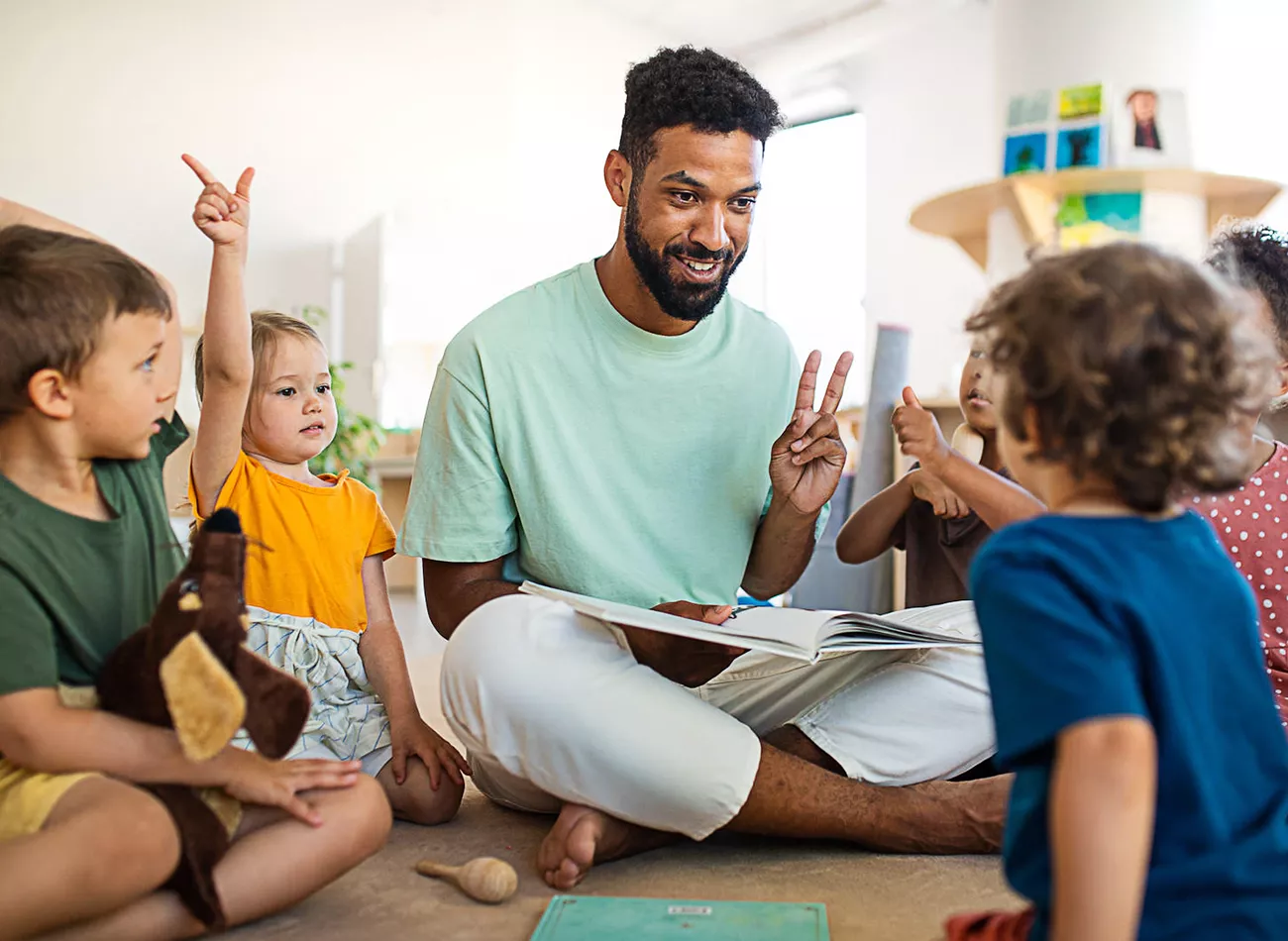
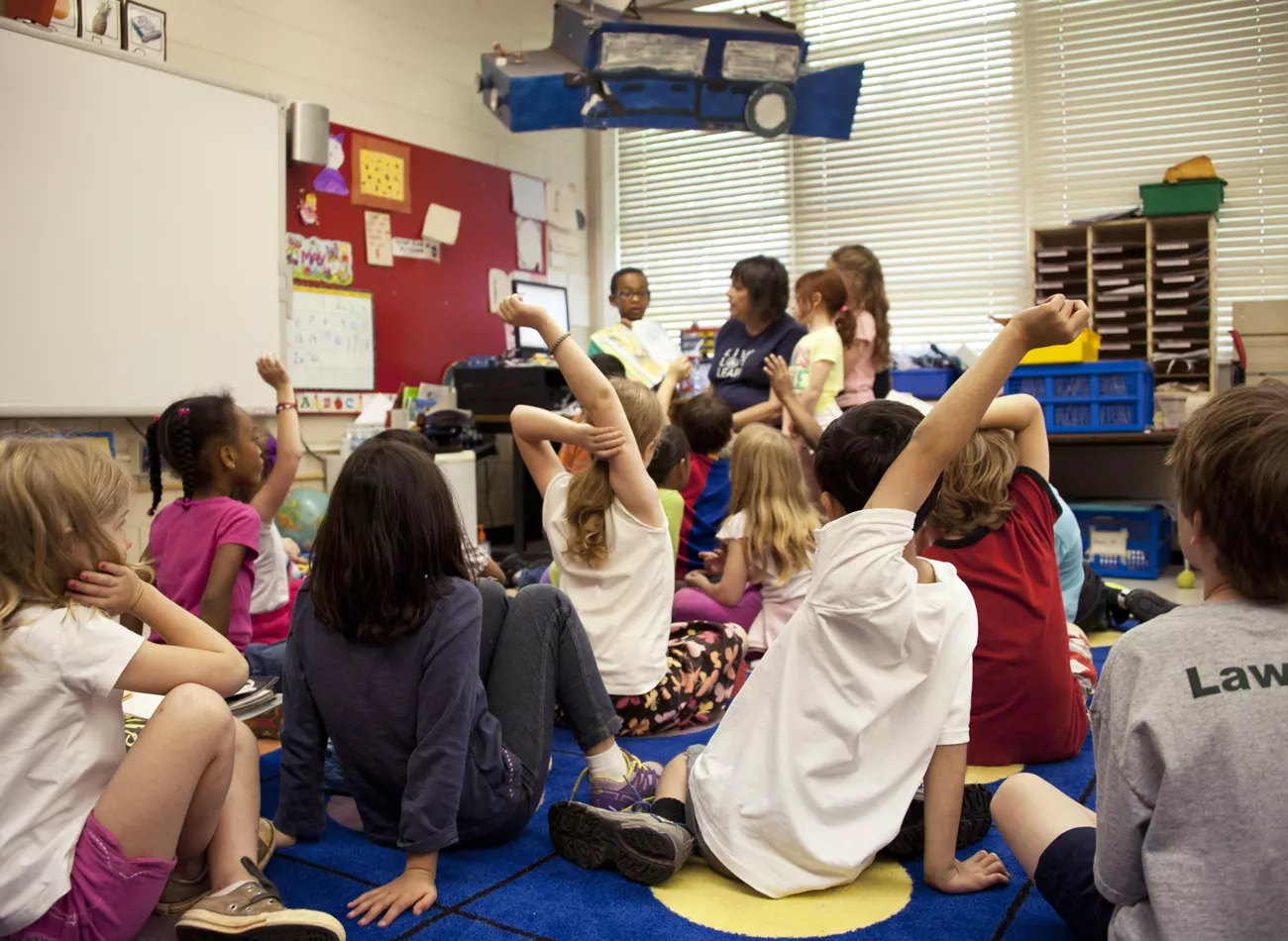
Leave A Comment